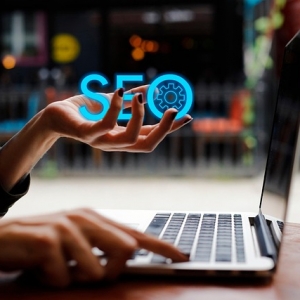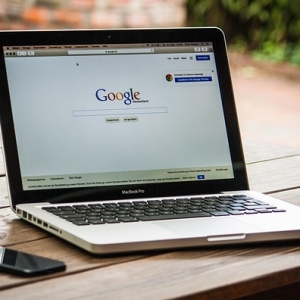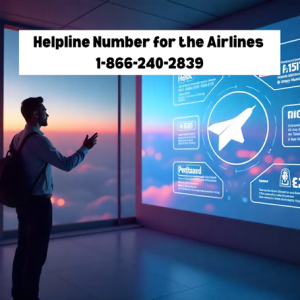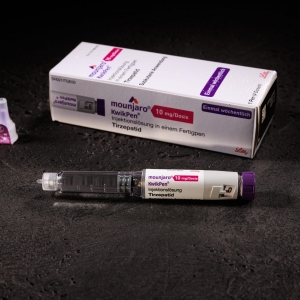The healthcare industry in the UAE has witnessed remarkable growth over the past decade, transforming the nation into a global medical destination. From world-class hospitals to specialized clinics, every healthcare provider must operate under a valid license to maintain patient safety and trust. Licensing ensures that every facility follows strict government standards, maintains hygiene, employs qualified professionals, and upholds the highest standards of medical ethics.
To make this process simpler and more efficient,Mokza Healthcare helps healthcare investors, owners, and practitioners handle every step of licensing with precision. Their team of experts understands local regulations, documentation needs, and approval procedures, making it easier for healthcare businesses to open and operate confidently across the UAE’s growing healthcare market.
Understanding the Core of Healthcare Facility Licensing

Healthcare facility licensing is a mandatory approval process that certifies a medical facility’s ability to provide safe and regulated healthcare services. The UAE’s Ministry of Health and Prevention (MOHAP), Dubai Health Authority (DHA), and Department of Health (DOH) each have their own licensing frameworks depending on the emirate and type of facility.
Through professional Healthcare Facility Licensing guidance, facilities can ensure compliance from the beginning. Licensing includes reviewing building design, staffing plans, medical equipment safety, and adherence to hygiene protocols. Facilities that skip or delay licensing face penalties and can lose their operational rights. A valid license, however, represents safety, quality, and trust in the eyes of both patients and the authorities.
Top 7 Types of Healthcare Facility Licensing in UAE
Each healthcare service type in the UAE requires a distinct licensing process. Below are the seven major categories of healthcare facility licensing that ensure medical operations run legally and ethically across the country.
1. Hospital Licensing
Hospital licensing covers large facilities offering inpatient and outpatient care. The licensing process includes detailed approvals for infrastructure, patient wards, surgery rooms, emergency facilities, and intensive care units. Inspections are conducted to ensure hospitals meet DHA or DOH standards before opening to the public. With a valid hospital license, healthcare organizations gain patient trust and credibility in a competitive market.
2. Clinic Licensing
Clinics are among the most common healthcare facilities in the UAE. They range from small general practices to large multi-specialty setups. Licensing ensures clinics have qualified practitioners, proper medical waste management, and approved clinical facilities. Compliance with DHA or DOH standards protects patients and prevents malpractice.
3. Diagnostic Center Licensing
Diagnostic centers, including laboratories and imaging facilities, require a license that verifies the accuracy and reliability of their testing processes. The approval focuses on qualified lab technicians, equipment calibration, and patient data privacy. Licensing helps build patient confidence in test results and ensures compliance with international healthcare standards.
4. Day Surgery Center Licensing
Day surgery centers perform short-duration procedures that don’t require overnight hospital stays. The licensing process ensures proper anesthesia management, recovery areas, and emergency readiness. Authorities inspect each center to confirm safety compliance, making sure patients receive safe and efficient treatment.
5. Pharmacy Licensing
Pharmacy licensing ensures that medicines are stored, dispensed, and sold according to UAE’s pharmaceutical laws. Every pharmacy must have a licensed pharmacist and adhere to storage temperature controls. This license also helps authorities monitor the distribution of controlled substances, ensuring safe medication delivery to patients.
6. Rehabilitation Center Licensing
Rehabilitation centers play a crucial role in physical therapy, mental health recovery, and addiction treatment. Their licensing process ensures therapists are certified, treatment programs are safe, and privacy standards are strictly followed. Proper licensing also verifies that rehabilitation centers operate in a supportive and professional environment for long-term patient care.
7. Specialized Medical Facility Licensing
These licenses are for niche healthcare facilities such as fertility clinics, cosmetic surgery centers, and long-term care homes. The process confirms compliance with advanced equipment standards, staff qualifications, and safety regulations. Licensing for these specialized centers guarantees that sensitive medical procedures are performed by qualified professionals using approved methods.
Each licensing type ensures the UAE’s healthcare system remains reliable, transparent, and aligned with global standards—protecting both patients and providers.
Building Trust and Compliance Through Licensing
Licensing is not just about paperwork it’s a long-term investment in safety, reputation, and compliance. In the UAE, licensed healthcare facilities are seen as symbols of professionalism and reliability. Periodic audits and renewals make sure that facilities continue to meet safety and ethical standards even after initial approval.
Working with Mokza Healthcare helps streamline this process from start to finish. Their team assists with documentation, government applications, and inspection readiness. By managing licensing professionally, healthcare owners can focus on improving patient services instead of dealing with regulatory confusion. Properly licensed facilities also attract partnerships, insurance approvals, and patient referrals, making licensing a strong foundation for long-term success.
Compliance Challenges and Modern Solutions
Despite clear regulations, many healthcare investors face delays due to incomplete documentation, outdated facility layouts, or unclear procedural guidance. Licensing can become time-consuming when handled without expertise. This is where structured consultation becomes essential.
Through a systematic approach, Mokza Healthcare ensures that facilities are fully prepared for authority inspections. From preparing architectural layouts to handling DHA or MOHAP submissions, they reduce the risk of rejection and save valuable time. Their technical knowledge, paired with an understanding of the UAE’s healthcare laws, helps medical entrepreneurs build compliant facilities faster and more confidently.

Conclusion
Healthcare facility licensing is the foundation of a reliable and ethical healthcare system in the UAE. It ensures patient safety, operational legality, and professional standards across all medical centers. With assistance from Mokza Healthcare and its expert Healthcare Facility Licensing team, medical businesses can easily navigate the complex process of approvals and inspections. Proper licensing builds trust, promotes growth, and contributes to a safer healthcare ecosystem for everyone in the UAE.
FAQs
1. What is healthcare facility licensing in the UAE?
It’s the official process of approving medical centers to operate under UAE healthcare laws and standards.
2. Who regulates healthcare facility licensing?
The Ministry of Health and Prevention (MOHAP), the Dubai Health Authority (DHA), and the Department of Health (DOH).
3. How long does licensing approval take?
Usually between one to three months, depending on facility readiness and document completeness.
4. Can one license cover multiple healthcare branches?
No, each facility or branch must apply for and maintain its own license.
5. Why is healthcare licensing important?
It ensures legal operation, patient safety, and compliance with national and international medical standards.











